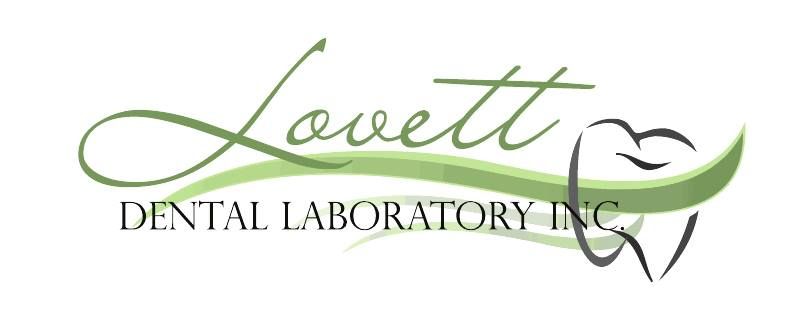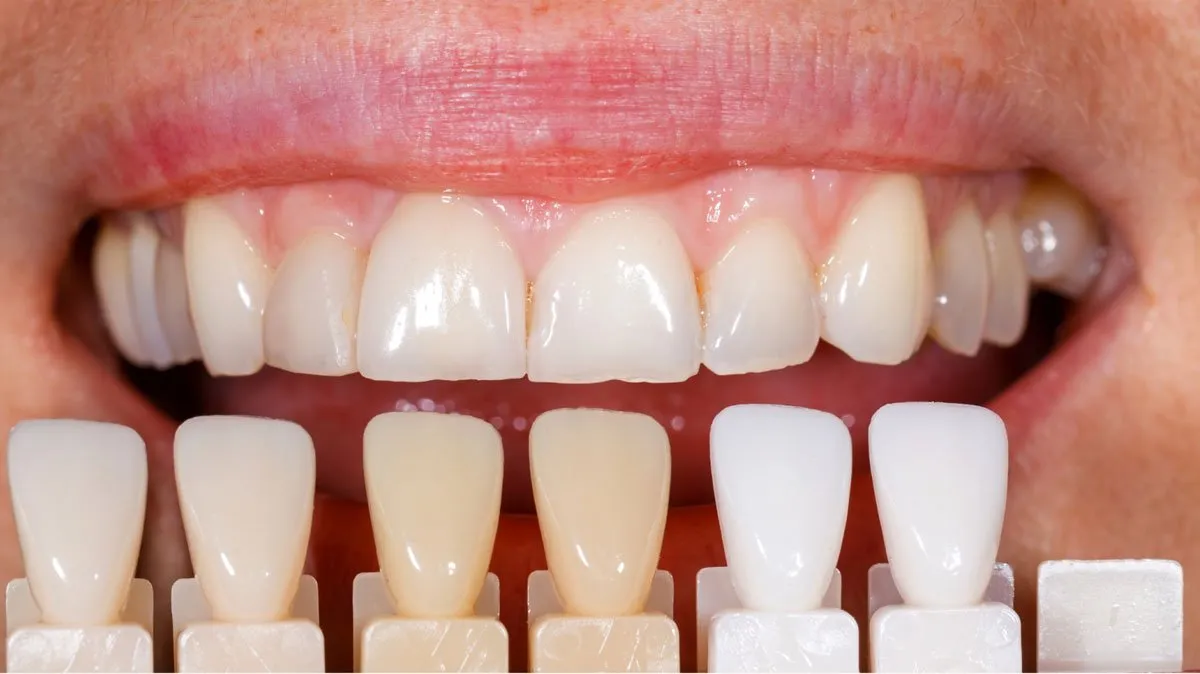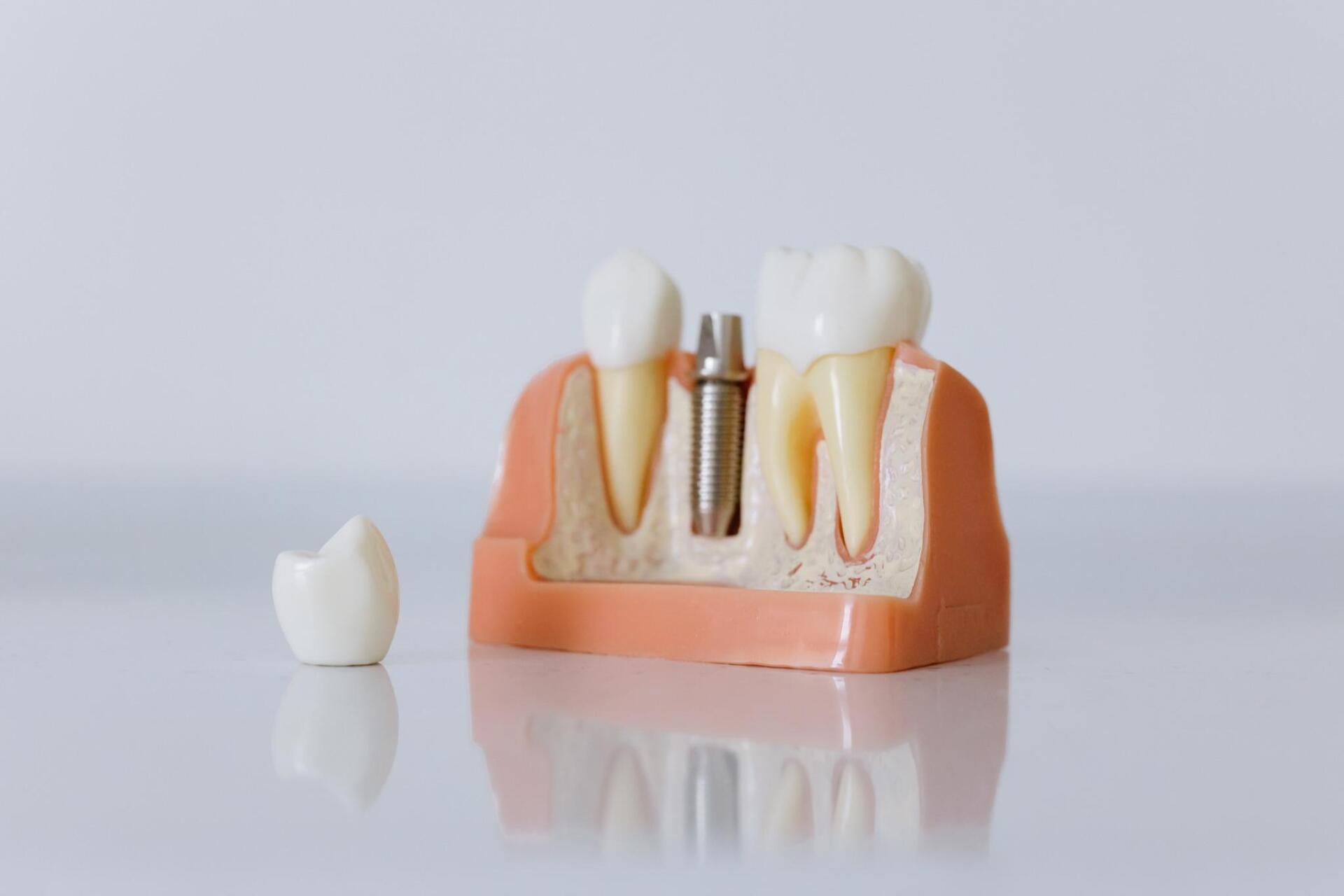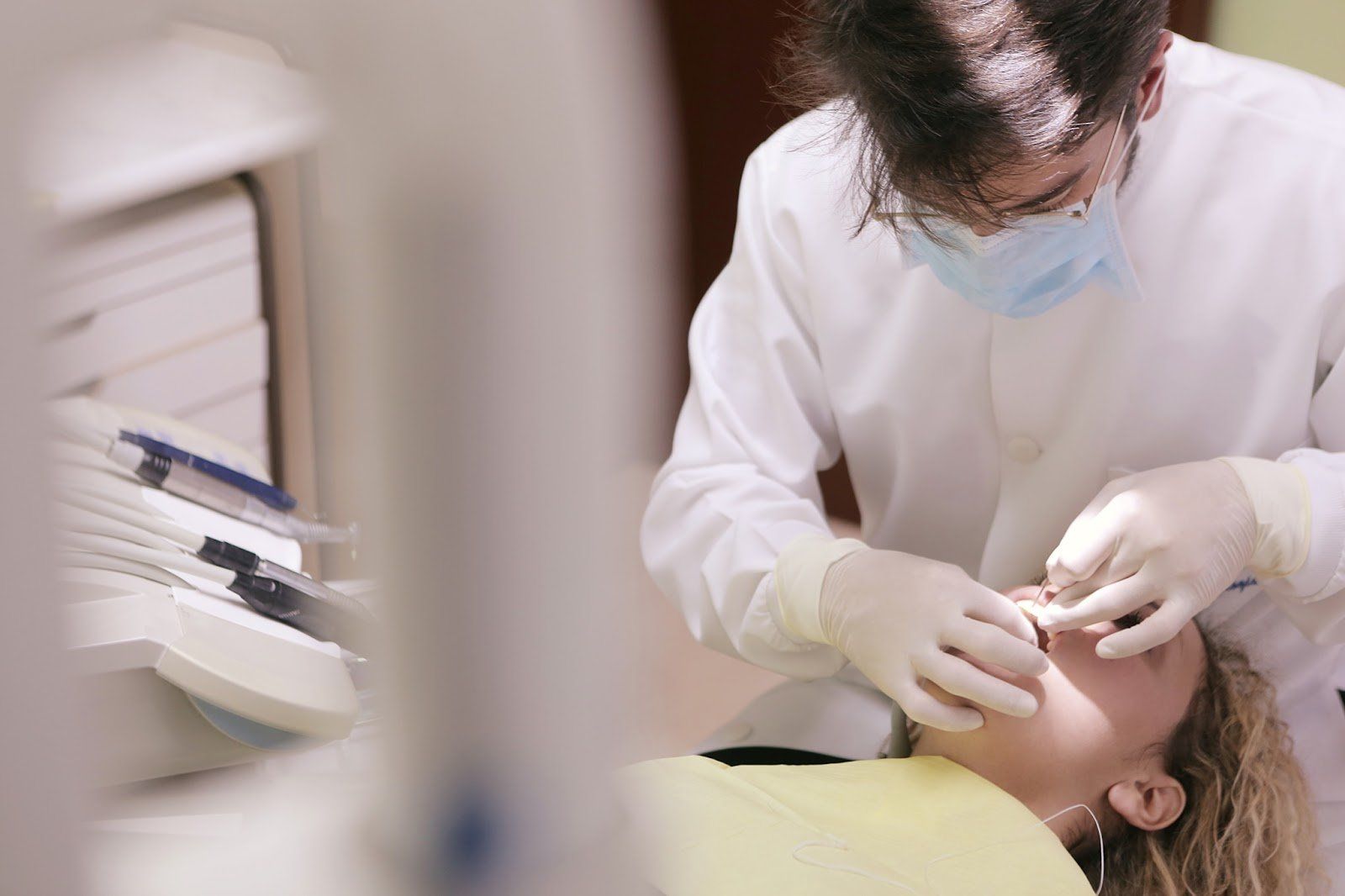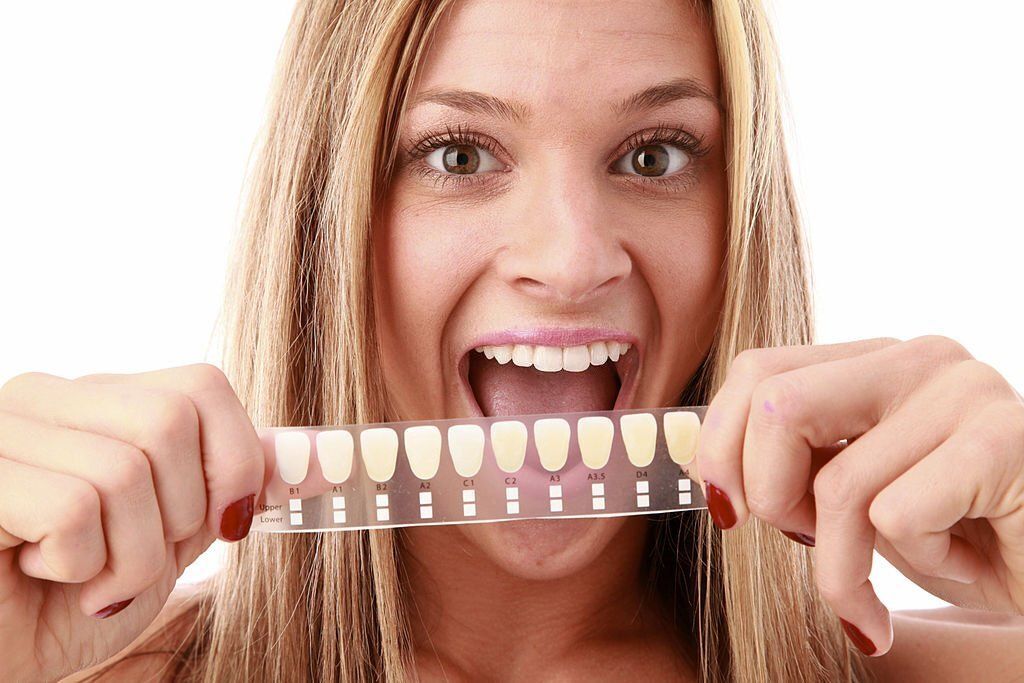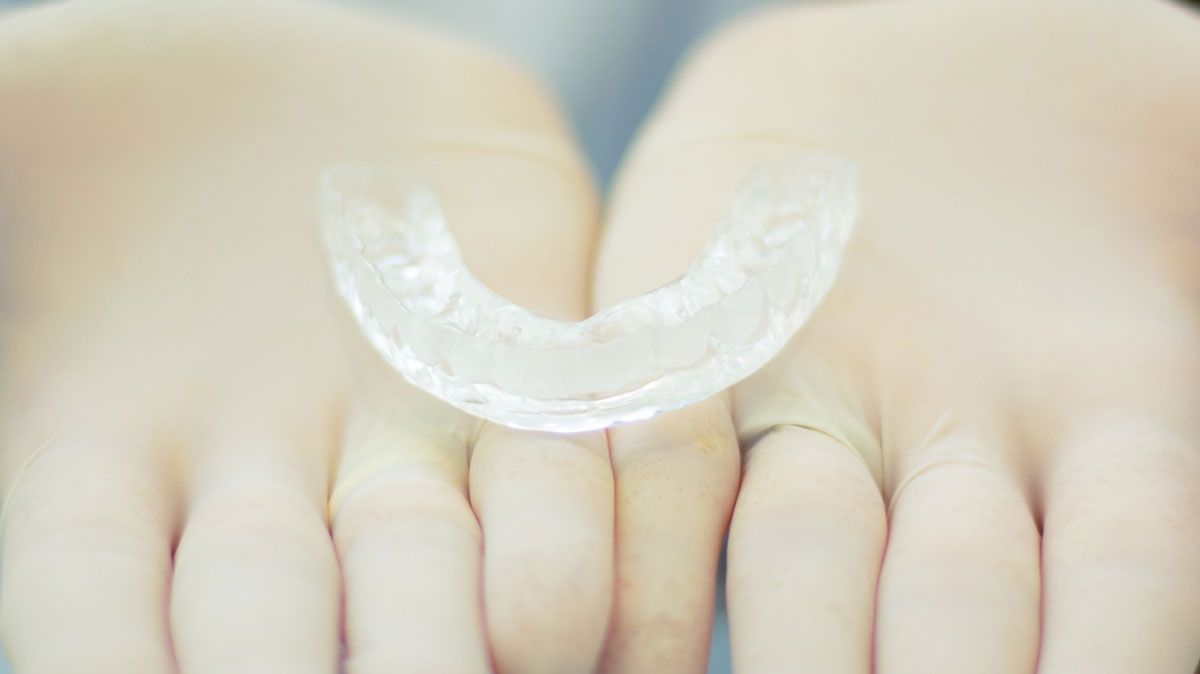
Oral health: A window to your overall health
Your oral health is more important than you might realize. Learn how the health of your mouth, teeth and gums can affect your general health.
Did you know that your oral health offers clues about your overall health — or that problems in your mouth can affect the rest of your body? Protect yourself by learning more about the connection between your oral health and overall health.

What's the connection between oral health and overall health?
Like other areas of the body, your mouth teems with bacteria — mostly harmless. But your mouth is the entry point to your digestive and respiratory tracts, and some of these bacteria can cause disease.
Normally the body's natural defenses and good oral health care, such as daily brushing and flossing, keep bacteria under control. However, without proper oral hygiene, bacteria can reach levels that might lead to oral infections, such as tooth decay and gum disease.
Also, certain medications — such as decongestants, antihistamines, painkillers, diuretics and antidepressants — can reduce saliva flow. Saliva washes away food and neutralizes acids produced by bacteria in the mouth, helping to protect you from microbes that multiply and lead to disease.
Studies suggest that oral bacteria and the inflammation associated with a severe form of gum disease (periodontitis) might play a role in some diseases. And certain diseases, such as diabetes and HIV/AIDS, can lower the body's resistance to infection, making oral health problems more severe.

What conditions can be linked to oral health?
Your oral health might contribute to various diseases and conditions, including:
Endocarditis. This infection of the inner lining of your heart chambers or valves (endocardium) typically occurs when bacteria or other germs from another part of your body, such as your mouth, spread through your bloodstream and attach to certain areas in your heart.
Cardiovascular disease. Although the connection is not fully understood, some research suggests that heart disease, clogged arteries and stroke might be linked to the inflammation and infections that oral bacteria can cause.
Pregnancy and birth complications. Periodontitis has been linked to premature birth and low birth weight.
Pneumonia. Certain bacteria in your mouth can be pulled into your lungs, causing pneumonia and other respiratory diseases.
Certain conditions also might affect your oral health, including:
Diabetes. By reducing the body's resistance to infection, diabetes puts your gums at risk. Gum disease appears to be more frequent and severe among people who have diabetes. Research shows that people who have gum disease have a harder time controlling their blood sugar levels. Regular periodontal care can improve diabetes control.
HIV/AIDS. Oral problems, such as painful mucosal lesions, are common in people who have HIV/AIDS.
Osteoporosis. This bone-weakening disease is linked with periodontal bone loss and tooth loss. Certain drugs used to treat osteoporosis carry a small risk of damage to the bones of the jaw.
Alzheimer's disease. Worsening oral health is seen as Alzheimer's disease progresses.
Other conditions that might be linked to oral health include eating disorders, rheumatoid arthritis, certain cancers and an immune system disorder that causes dry mouth (Sjogren's syndrome).
Tell your dentistabout the medications you take and about changes in your overall health, especially if you've recently been ill or you have a chronic condition, such as diabetes.
How can I protect my oral health?
To protect your oral health, practice good oral hygiene daily.
- Brush your teeth at least twice a day for two minutes each time. Use a soft-bristled brush and fluoride toothpaste.
- Floss daily.
- Use mouthwash to remove food particles left after brushing and flossing.
- Eat a healthy diet and limit sugary food and drinks.
- Replace your toothbrush every three to four months, or sooner if bristles are splayed or worn.
- Schedule regular dental checkups and cleanings.
- Avoid tobacco use.
Also, contact your dentist as soon as an oral health problem arises. Taking care of your oral health is an investment in your overall health.

A Parkway Dental Centerour doctors and dental team perform preventative procedures that are optimal to your dental health. We are huge advocates of educating our patients on the latest and most trustworthy hygiene habits that will help them maintain a beautiful smile for a lifetime. Parkway Dental Office preventative dental servicesinclude:
- Preventative Care
- Comprehensive Dental Examination
- Periodontal (Gum) Examination
- Oral Hygiene Maintenance
- Regular (Prophylaxis) Cleaning
- Deep Cleaning
- Dental Sealants
We look forward to serving you and your family! 612-824-4211
Source: Mayo Clinic at www.MayoClinic.org

OPENING HOURS
Monday - Thursday 8am-5pm
Friday 8am-3:30pm
CONTACT
Phone (419) 385 - 9314
Fax (419) 382-8996

